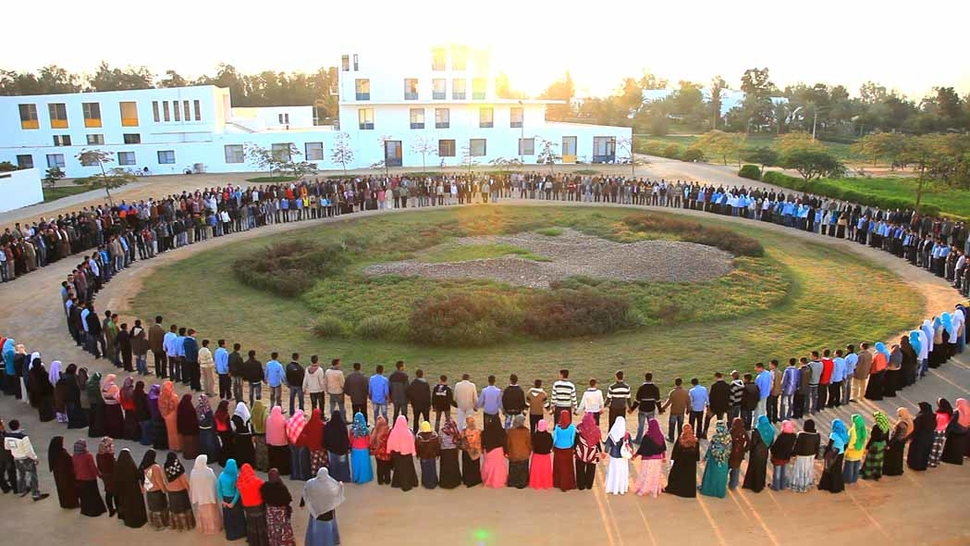A couple of weeks ago I was on a wedding, the wedding of my aunt actually. There were not a lot of people of my age or people that I new (only my own nieces, nephews and brother) and I ended up talking to people I didn’t know. Normally this results in conversations about the wether, the education you are following and if you are lucky you reach newsroom subjects. But one of the conversations was different. It started of as expected and I explained to the woman what I was studying and since the end of my studies is near we talked about what I wanted to do afterwards. She told me a little bit about the career choices she made. Apparently she had studied visual arts but ended up at psychology, because art was too vague for her. When she heard about Industrial Design Engineering she immediately replied that she would have loved to study that, unfortunately she was not that interested or practised in technology which would make it very hard for her. She went on a little bit about artists that inspired her and she started talking about the Ocean Clean-up project. It was immediately clear that that particular project had triggered something for her. She started a enthusiastic and insistent plea about Boyan Slat as being a person that not only talks about it but really does it, although everybody thinks it is not possible. She was really determined that our (so mine and yours) generation should make it happen, striving for solutions like the clean up to turn things around. She gave me some mixed feelings. On the one hand I agree with her that something really needs to happen and that talking about it is not enough anymore. But on the other hand I felt a little bit offended since she was doing the exact same thing she didn’t like of other people. She was just telling other people what to do, saying she was too old to really change something herself (she was about 50 i guess).
This weekend I watched an episode of Tegenlicht, or actually a recap of an earlier episode of two years ago: ‘Groen Goud’ part 2. For me this added up to the things the woman at the wedding was saying, but then in a nice way. In the documentary they speak about looking for economic profit and changing to a restorative economy. From the inspiration of the first ‘Groen Goud’ documentary (2012) a foundation was started: Commonland. With this foundation they believe that landscape restoration offers large untapped opportunities for sustainable economic development. In the documentary an Egyptian man, Dr. Ibrahim Abouleish, is filmed about his project SEKEM. This is a place in the middle of the desert where he brought back vegetation, involving a lot of people creating a social system. Right now this place grew to be the largest supply of ecological products of Egypt and beyond. A great example of something that proved to work, although everybody told him that it was not going to work. In the documentary the founders of Commonland state that these initiatives are really valuable. They promote the possibilities of making profit from a sustainable restoration of greens. But hundreds of these kind of initiatives are needed to really turn things around. Actually Boyan Slat can be seen as one of these initiatives, although he is more solving a consequence of the problem instead of the problem itself. Were Commonland, the woman on the wedding and I agree on is that something needs to happen, and that talking about it is not enough anymore. And if you do it on a large scale, like Boyan Slat, or on a smaller scale, like the community of Dr. Ibrahim Abouleish (that grew, but started off small) it doesn’t matter, as long as you are taking your own part of it and making it right. And if it comes to the bigger picture; let’s hope that the politicians at the COP21 decide to make it a lot easier for those initiative to happen and that they inspire more people to take action.
